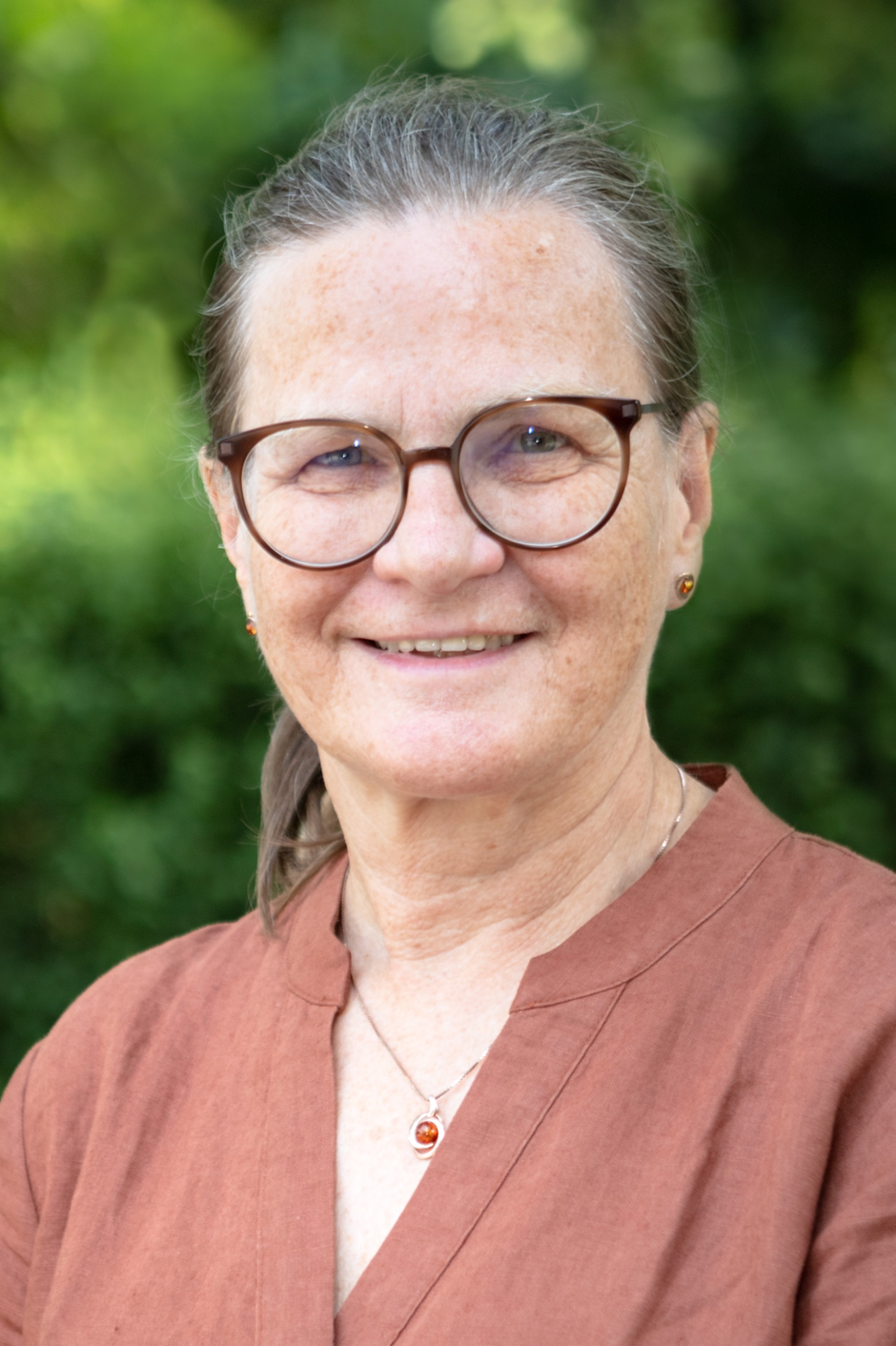Date & location
29 September 2025
Kinepolis Enschede
Program
08.30 | Doors open | |
09.00 | Opening by Prof. Dr. ir. Hans Hilgenkamp (MT MESA+) | |
09.15 | Prof. Dr. ir. Hans Hilgenkamp: 25 years MESA+ | |
10.00 | Keynote lecture 1: Prof. Ulrike Diebold (Technische Universität Wien) Atomically-resolved Surfaces: Where Theory and Experiments MeetAbstract: Oxides show vast variability in electronic and chemical properties, which makes them ideal materials in a large range of technical applications. Often, surfaces and interfaces play a major role in the functioning of related devices and schemes. Our research group is devoted to investigating the fundamental properties of oxide surfaces, from complex reconstructions [1] to the interplay between localised charges (‘polarons [2, 3]’) and chemical properties [4]. In the talk, I will highlight a few recent results that are all based on the fruitful interaction between experiments using surface science methods and ab initio calculations.
Bio:Ulrike Diebold is a professor of surface physics at TU Wien. She received her PhD from this institution and then spent 20 years as an academic in the U.S. before returning to her alma mater in 2010. She conducts research in experimental surface science with an emphasis on metal oxides. She is particularly interested in the atomic-scale properties of these complex materials and in unravelling their (defect)structure/reactivity relationship. Diebold heads the coordinated research project SFB TACO, which is devoted to advancing the modeling of materials. She is the recipient of major awards, including two ERC Advanced Grants and the Wittgenstein Prize, the highest research award in her country. Since 2022, she has served as the vice president of the Austrian Academy of Science. |
|
10.45 | Poster session and coffee/tea | |
11.40 | Parallel session on
| |
13.00 | Lunch and poster session | |
14.10 | Parallel sessions on:
| |
15.30 | Poster session and coffee/tea | |
16.30 | Keynote lecture 2: Prof. Vadim Banine (ASML, Eindhoven University of Technology) | |
17.15 | Presentation prizes:
| |
17.45 | Drinks and finger food |

